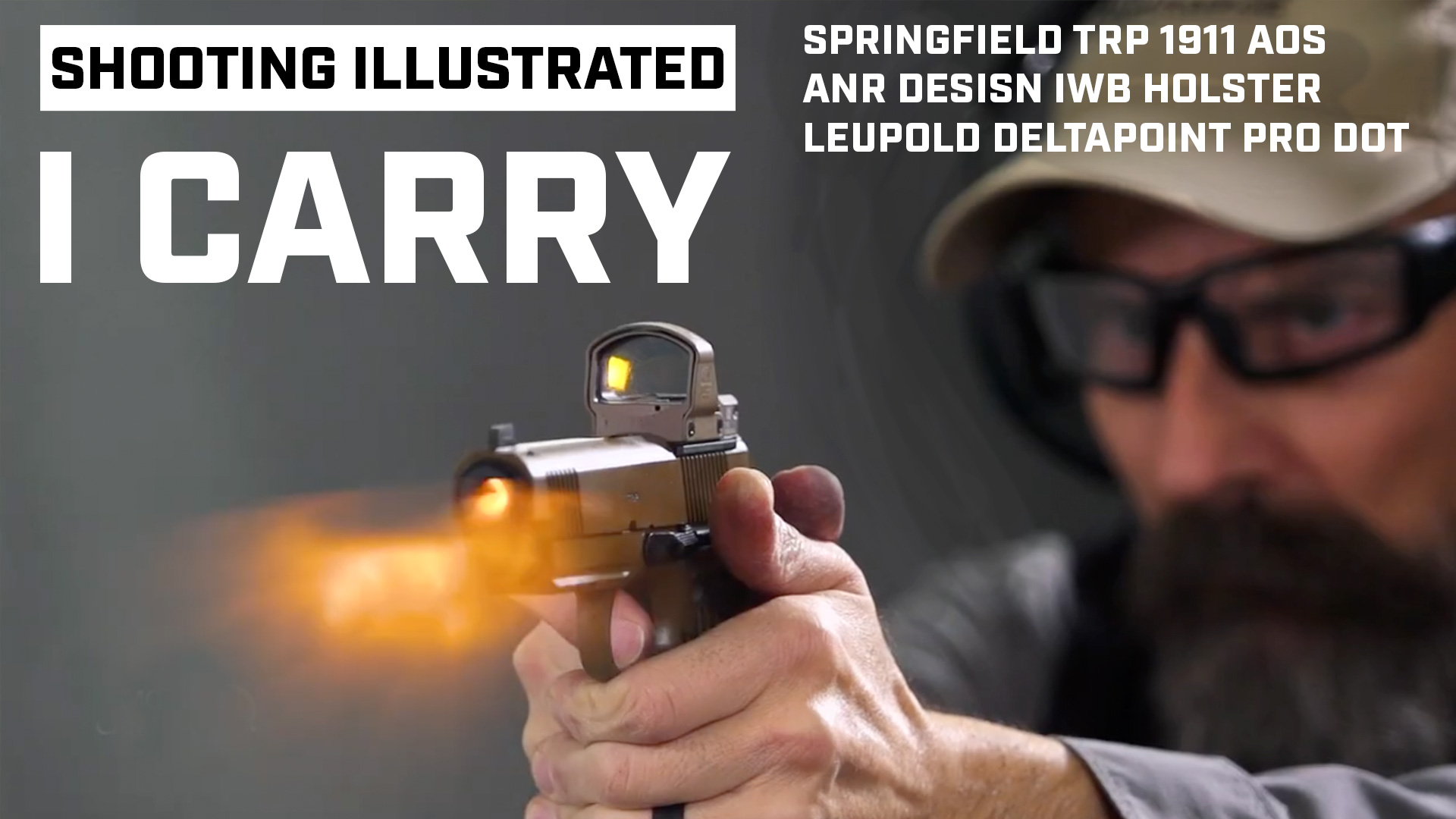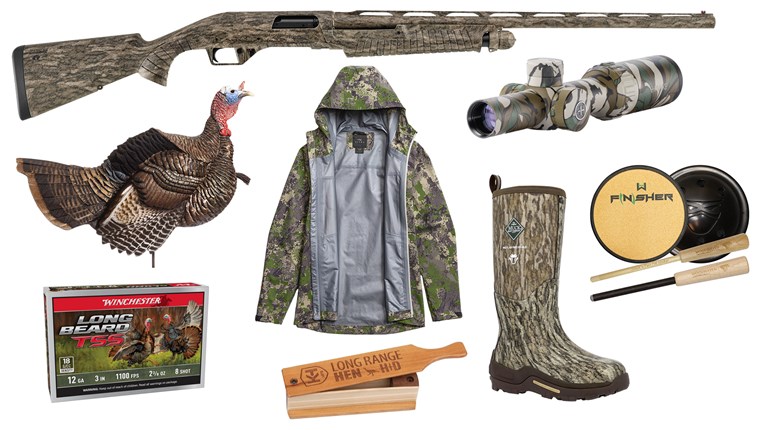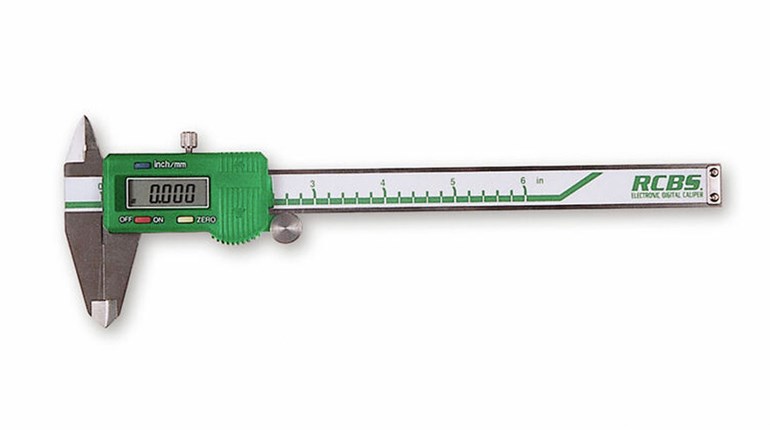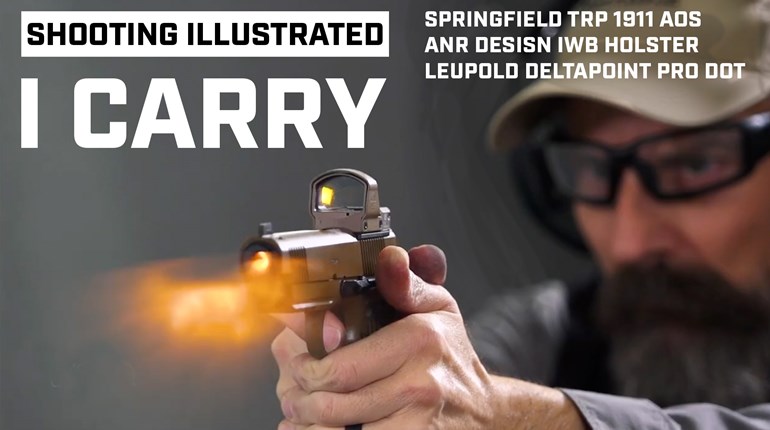
Soldiers at the Cold Regions Test Center in Fort Greely, AK, where temperatures dipped to 35 degrees below zero in February, tested the Next Generation Squad Weapon (NGSW) XM7 rifle and XM250 automatic rifle. The guns were evaluated in various mission-oriented tasks, under conditions our armed forces could encounter in the Arctic.
Testing began in earnest in late January after a week of foundational new-equipment training to familiarize the Soldiers with the weapons. Widespread fielding of the firearms begins this year, going to members of the Close Combat Force, which includes infantry, cavalry scouts, combat engineers, forward observers and combat medics.
The NGSW system includes the two weapons—an advanced fire control and a 6.8mm family of ammunition. The NGSW team—which comprises the Soldier Lethality Cross-Functional Team (SL CFT), Program Executive Office Soldier, Joint Program Executive Office Armaments and Ammunition and industry partners—worked with a group from the Army Test and Evaluation Command to determine how the extreme cold might affect the performance of the weapons, the ammunition, the fire control and power supplies. The evaluation wrapped up Feb. 9, and results will be made available to Army senior leaders soon.
The process of developing and fielding transformational capabilities is no longer linear, said BG Monté Rone, director of the SL CFT. A platoon within the 101st Airborne Division completed a limited user test last November to assess the capabilities and limitations of the NGSW system of systems.
“Once upon a time, we developed, tested and fielded capabilities in that order, and in doing so, sometimes we gave Soldiers what we thought they needed and not necessarily what they wanted,” said Rone, who also serves as the Commandant of the Infantry School. “We do things differently now, keeping Soldiers engaged in every step of the process in a variety of Soldier touchpoints, so we will give them the weapons they need to be more lethal and more survivable on the battlefield.”
Weather testing events also give developers insights into how atmospheric conditions affect the Soldiers using the weapons. “Extreme cold can affect the weapon’s functionality, of course, but it also hinders a Soldier’s movement and mobility,” said MAJ Brandon Davis, a member of the SL CFT operations team at Fort Moore in Georgia. “So which sling does he prefer in these conditions? Can he or she effectively manipulate the widgets on the weapon wearing gloves? We’re getting after every aspect of how the NGSW impacts lethality and mobility under extreme conditions.”
The Army has scheduled NGSW testing in extreme heat and humidity for later this year.






































